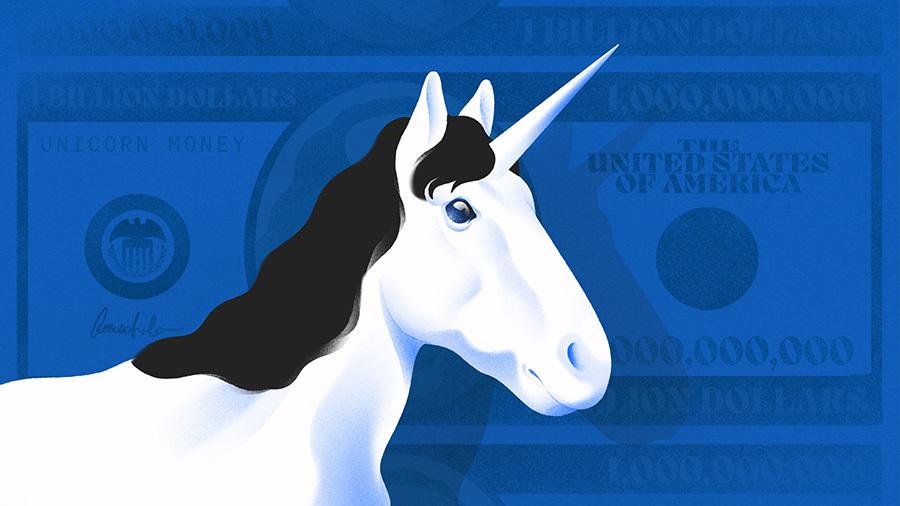OpenAI, the artificial intelligence powerhouse behind ChatGPT, has achieved a staggering $500 billion valuation following a $6.6 billion secondary share sale, marking a historic milestone in the startup world.
This transaction, completed on October 2, 2025, has propelled OpenAI past Elon Musk’s SpaceX, previously valued at around $400 billion, to become the world’s most valuable private, venture-backed company.
The Rise of OpenAI: A New Era for AI Startups
The share sale allowed current and former employees to offload stock to prominent investors like Thrive Capital, SoftBank Group Corp., and Abu Dhabi’s MGX, showcasing immense confidence in OpenAI’s future.
Historically, OpenAI’s valuation journey has been meteoric, rising from a reported $29 billion in 2023 to $100 billion in mid-2024, before reaching this unprecedented $500 billion mark.
This rapid ascent reflects the growing importance of AI technologies in industries ranging from healthcare to finance, positioning OpenAI as a leader in a sector projected to redefine global economies.
Impact on the Tech Ecosystem and Investors
The valuation not only highlights OpenAI’s dominance but also signals a shift in investor focus toward AI-driven innovation, potentially overshadowing other tech sectors like space exploration or fintech.
For employees and early backers, this secondary sale represents a massive liquidity event, turning paper wealth into tangible gains and setting a precedent for other AI startups to follow.
However, such a high valuation raises questions about sustainability, with analysts speculating whether OpenAI can maintain growth amid increasing competition from rivals like Anthropic and Google’s AI initiatives.
Looking Ahead: Challenges and Opportunities
Looking to the future, OpenAI’s reported annual recurring revenue of $12 billion is expected to climb toward $20 billion in 2025, fueling optimism about its ability to justify this record-breaking valuation.
Yet, the company faces regulatory scrutiny and ethical concerns over AI deployment, which could impact its trajectory if not addressed proactively.
Nevertheless, OpenAI’s success may inspire a new wave of investment in AI, potentially accelerating innovation but also risking a bubble if valuations outpace real-world impact.
As the tech world watches, OpenAI’s historic achievement underscores the transformative power of AI, setting the stage for a future where artificial intelligence could redefine human potential.


 Alfred Lee
Alfred Lee





